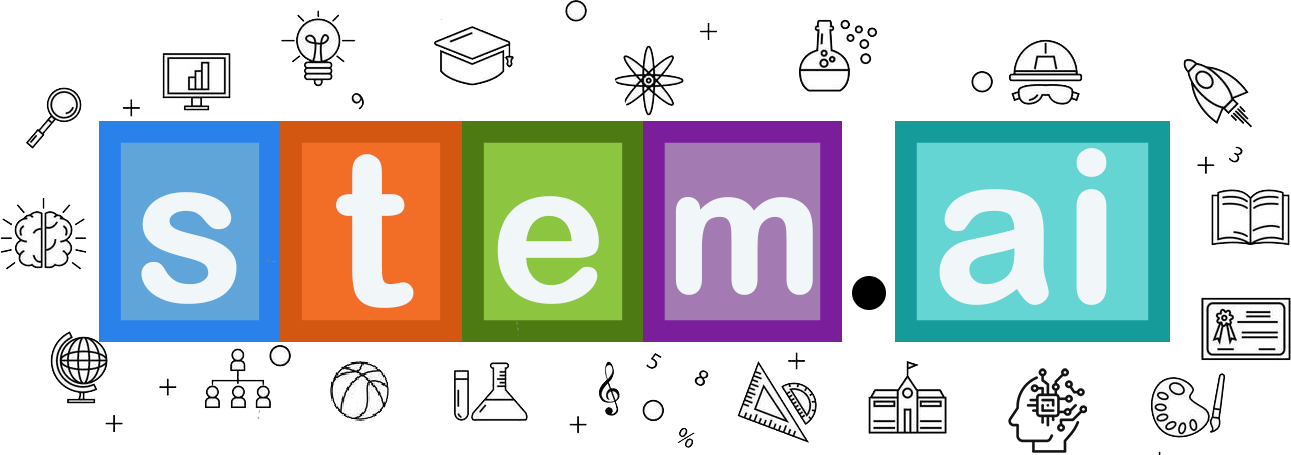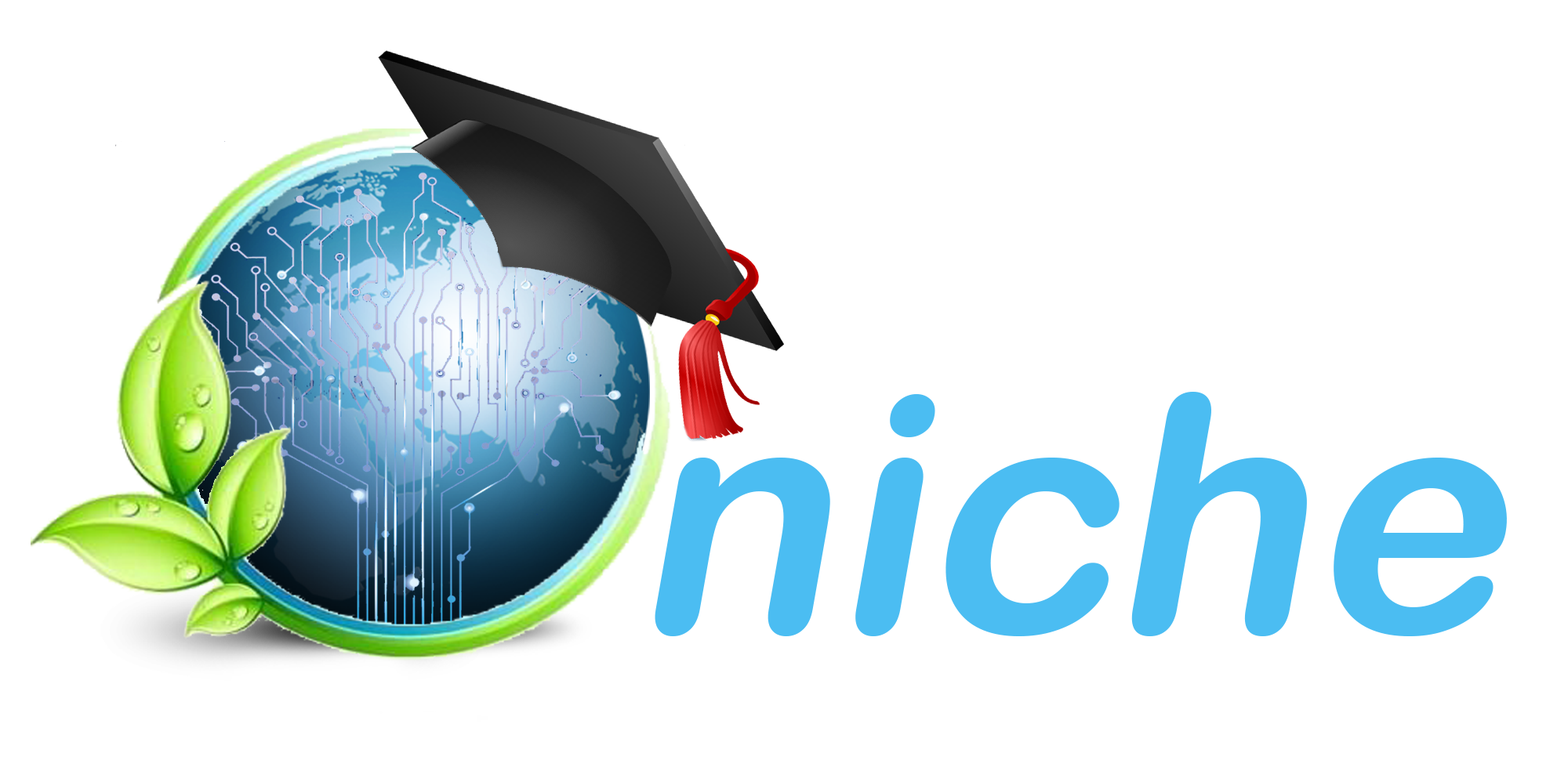
Welcome to Our Integrated STEM and AI Learning Program – STEM.AI
STEM education is an interdisciplinary approach to learning that combines academic concepts with real-world examples. Including Artificial Intelligence (AI) in STEM education can dramatically improve the learning experience and prepare students for the future. Students can better comprehend modern technologies, improve their problem-solving abilities, and prepare for the future job market. This method not only makes STEM education more relevant and entertaining, but it also inspires a new generation of innovators and critical thinkers. Artificial intelligence is altering industries and generating new opportunities. By incorporating AI into the STEM curriculum, we ensure that our students are not only knowledgeable in traditional STEM disciplines but also have the cutting-edge abilities that modern businesses require. Here are the key elements integrated with the curriculum:
Stem Gallery
Key Elements
1. Curriculum Integration
AI Modules and Courses:
- Developing specialized modules or courses focused on AI concepts, such as machine learning, neural networks, and data science.
- Introducing AI across existing subjects, showing how AI techniques are applied in biology, physics, engineering, and mathematics.
Project-Based Learning:
- Encouraging students to work on AI-based projects, such as creating simple AI models or developing applications that use AI.
- Providing real-world problems where AI can be applied, fosters problem-solving and innovation.
4. Skill Development
Critical Thinking and Problem-Solving:
- Using AI problems and projects to enhance critical thinking and problem-solving skills.
- Challenging students to optimize AI models, analyze data, and improve algorithms.
Data Literacy:
- Emphasizing the importance of data literacy by teaching students how to collect, analyze, and interpret data.
- Including lessons on ethical considerations and biases in AI, fostering responsible AI development.
2. Hands-On Experience
AI Tools and Platforms:
- Introducing students to user-friendly AI tools and platforms, such as TensorFlow, Keras, or educational tools like AI4ALL.
- Using AI-based educational tools and software to facilitate learning in other STEM areas.
Robotics and Coding:
- Incorporating AI into robotics programs, teaching students how to build and program robots that can learn and adapt.
- Enhancing coding classes by including AI programming languages and techniques, such as Python with machine learning libraries.
5. Collaboration and Teamwork
Collaborative Projects:
- Encouraging collaborative projects that require teamwork to develop AI solutions.
- Partner with universities, tech companies, and AI experts to provide mentorship and real-world insights.
Competitions and Hackathons:
- Organizing AI-focused competitions and hackathons to stimulate interest and innovation.
- Participating in national and international AI competitions to expose students to global challenges and solutions.
3. Interdisciplinary Learning
AI Across Disciplines:
- Highlighting the interdisciplinary nature of AI, demonstrating its applications in various fields like healthcare, finance, environmental science, and more.
- Creating interdisciplinary projects that require knowledge from multiple STEM areas to solve AI-related challenges.
6. Teacher Training and Resources
Professional Development:
- Providing professional development opportunities for teachers to learn about AI and its educational applications.
- Creating a community of practice where educators can share resources, strategies, and experiences related to teaching AI.
Resource Availability:
- Ensuring that schools have access to the necessary resources, including hardware (e.g., computers with sufficient processing power) and software for AI education.
- Developing partnerships with tech companies to provide schools with the latest AI tools and resources.
7. Ethical and Societal Implications
Ethics in AI:
- Incorporating discussions on the ethical implications of AI, including privacy, bias, and the impact on employment.
- Teaching students about the societal impact of AI and the importance of developing fair and unbiased AI systems.
Future Trends and Careers:
- Educating students about the evolving landscape of AI and its potential future impact.
- Highlighting career opportunities in AI and related fields, and guide educational pathways to these careers.
Get Involved
Join Us in Making a Difference
VOLUNTEER
Share your skills and time with our programs
DONATE
Your contributions help us expand our reach and impact
PARTNER
Collaborate with us to create lasting change
